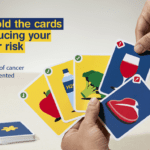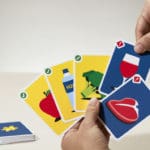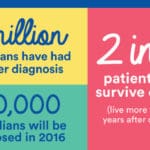Recent articles by Kathy Chapman

The push for a levy on sugar-sweetened beverages is gaining momentum, with good reason – evidence shows it would help to reduce Australia’s obesity epidemic and the flow-on increase in chronic disease burden. Sugar-sweetened beverages are energy-dense, nutrient-poor and a major contributor to obesity and diet-related illness, particularly among children and socially disadvantaged groups who […]

‘We Can. I Can.’ Help prevent 1 in 3 cancers by living a healthy lifestyle This World Cancer Day, Saturday 4 February 2017, Cancer Council NSW is encouraging everyone across NSW to do their part in reducing the global impact of cancer. 1 in 3 cases of cancer could be prevented with […]

Thanks to successful public health campaigns, most Australians know about the harms of overexposure to UV radiation and smoking. Each year, thousands of cases of skin cancer are prevented because people are more sun-smart, and smoking incidence keeps decreasing – all enormous steps on the journey to beat cancer. Low awareness of lifestyle risks beyond […]

Nearly 50 per cent of cancer patients aren’t offered help for emotional distress How are you doing emotionally? This seems like a question you’d expect when you’re undergoing cancer treatment – but not many people who receive cancer care hear it very often. Up to 1 in 5 cancer patients are never asked about their […]

With new estimates from Cancer Council showing the number of Australians living with cancer or having survived a diagnosis has exceeded 1 million for the first time[i], Cancer Council NSW is calling for more Australians to help take action this World Cancer Day. This year’s World Cancer Day theme is “We Can. I Can.” and […]
